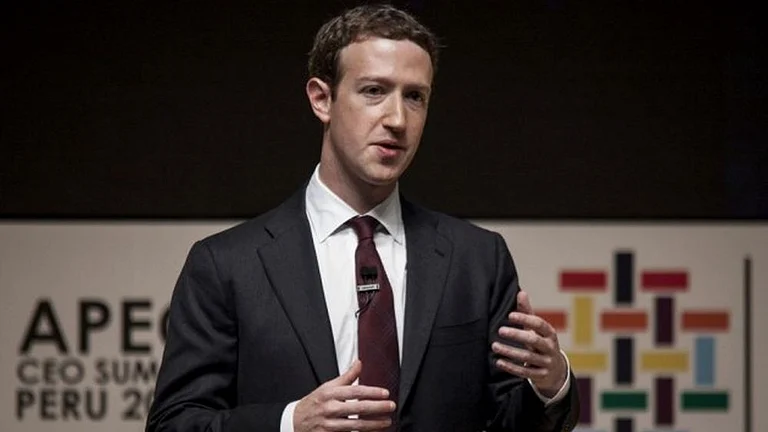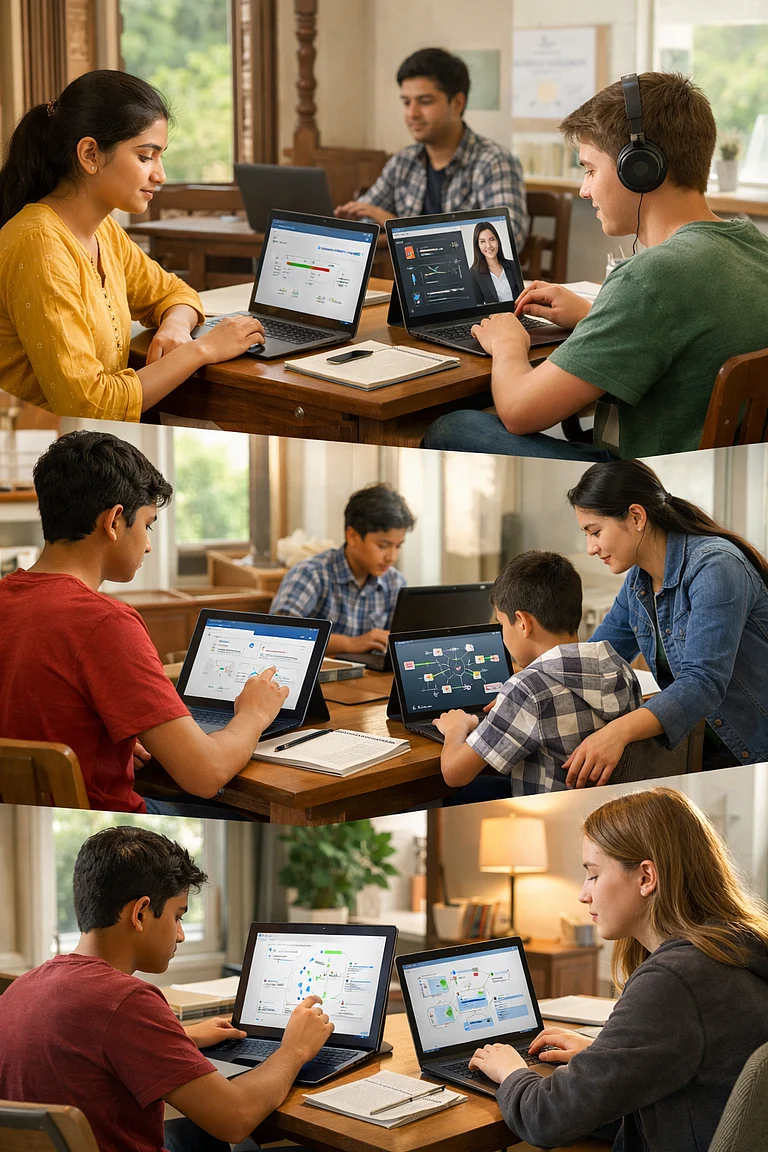Flipkart has reportedly come up with its quick commerce platform, 'Flipkart Minutes'. Currently live in select areas of Bengaluru, the platform promises to deliver goods in 8 to 16 minutes.
Prior to this, the service was available for select employees of the Walmart-based company. More areas of Bengaluru will fall under the purview of the services in the next few weeks.
Flipkart Minutes is delivering items including groceries and electronics in areas such as Belandur and Hosur-Sarjapur Road (HSR) in Bengaluru. The move by Flipkart to launch its own quick commerce platform is coming ahead of its own Big Billion Days sale (October 3–10, 2024).
During its Big Billion sale, the ecommerce platform provides sales on a varied range of products, including fashion, electronics, mobiles and other utilities. With a focus on its quick commerce segment, the company is also reportedly planning to open around 100 dark stores across top cities.
Amid the intensifying quick commerce battle, this is not the first time the ecommerce platform is venturing into the quick commerce segment.
Flipkart’s Past Venture with Quick Commerce
Flipkart did try to enter the quick commerce space with Flipkart Quick, which promised delivery within 90 minutes. However, it never really took off. The platform was started at a time when staying at home became the new normal. The platform was delivering essentials such as fruits, vegetables and electronics as well.
First started in Bengaluru, the platform expanded to other cities, including Delhi, Gurgaon, Noida, Lucknow and Mangaluru. Flipkart’s vice president Sandeep Karwa reportedly said in 2020 that hyperlocal capabilities involve creating links between products available in a specific locality and the consumers in that area. This approach is well-suited for India, where people of all household sizes are accustomed to shopping at their local stores.
From 90 minutes, the platform focused on reducing its delivery time to around 30 to 45 minutes. Almost five months after they started, the company decided to scale down its operations.
In 2022, there were reports that Flipkart reduced its focus on its instant delivery platform. Speaking to BusinessLine, a Flipkart spokesperson said, “Flipkart Quick has scaled down from a few cities and continues in a couple of cities as we build a sustainable business model in Quick Commerce that is centered around Fresh Grocery.”
Following this, several workforces of Flipkart Quick were consolidated with Flipkart’s supermarket service. After the poor performance of Flipkart Quick, speaking to the Economic Times, Smrithi Ravichandran, vice president and head of grocery at Flipkart, said that they believe the sustainability of the unit economics is quite irrational. The majority of the Indian market is value-driven, making it logical for them to scale down, she added.
Through unit economics, a business’s profitability is calculated by examining the expenses and income directly related to each unit or transaction. Interestingly, in April 2023, BigBasket co-founder and CEO Hari Menon also reportedly pointed out that unit economics will not work in quick commerce. These platforms (quick commerce) are not always profitable due to operational costs, market saturation and others. To improve unit economics, many quick commerce platforms are selling electronic goods. Speaking to Outlook Business, Anand Ramanathan, partner and consumer products and retail leader at Deloitte India said that quick commerce platforms must sell expensive things such as electronic goods to improve its unit economics.
Eight years ago, Flipkart had entered the quick commerce segment with its service called Nearby. The platform was intended to deliver groceries such as fruits and vegetables within one hour of receiving the order. However, due to insufficient demand, Nearby closed.
Failed Deals
Recently, Flipkart was trying to buy a majority stake in quick commerce platform Zepto. However, the deal reportedly failed due to stake concerns. The ecommerce platform made a valuation of under $2 billion for Zepto. Further, Flipkart wanted a majority stake in the quick commerce platform, which Zepto did not agree to. Eventually the deal failed in April this year.
Prior to this, Flipkart was in talks with Dunzo for investment in the quick commerce platform. However, the talks never finalised.
The Surge in Quick Commerce Companies
With the increase in the number of quick commerce companies such as Blinkit, Instamart and BigBasket, one interesting thing to note has been the change in consumer demand as well.
“As quick commerce becomes more prevalent, it is likely to evolve into a habitual choice for many consumers in urban India. The convenience of receiving goods within 10 to 20 minutes aligns well with the fast-paced lifestyle of urban dwellers,” said Somdutta Singh, first-generation serial entrepreneur, founder and CEO of Assiduus, an angel investor.
Singh added that the consumer preference for quick deliveries is expected to solidify, making quick commerce a staple in shopping habits, particularly in major cities like Bengaluru, Delhi-NCR and Kolkata, and even expanding into smaller cities.
The quick commerce market is increasing in India. Quick commerce, which currently has a $2.8 billion market, is expected to become a disruptive force and completely change the retail sector, according to Redseer Strategy Consultants. It goes on to state that quick commerce, riding on promising user growth potential, is anticipated to sustain 40–45 per cent growth over the next three years.
Now the question arises as to how Flipkart will perform amid the intense competition in the segment. Competing against established players like Blinkit and Instamart, Flipkart can leverage its existing logistics network and customer base to enhance delivery efficiency and service quality. Flipkart's established brand recognition and extensive distribution capabilities may provide it with a competitive edge, adds Singh.
However, “Flipkart will face challenges such as intense competition, the need for efficient supply chain management and the establishment of dark stores to optimise inventory and delivery times,” she adds.
Flipkart CEO Kalyan Krishnamurthy had in January 2022 said that he did not think the 10–15-minute model of delivery would be the right long-term model for customers. He had highlighted that the company would rather focus on a 30–45-minute delivery model, which he said was more sustainable. Since then, Flipkart has come a long way. It remains to be seen if the company can make a mark in the already highly penetrated quick commerce segment.
































